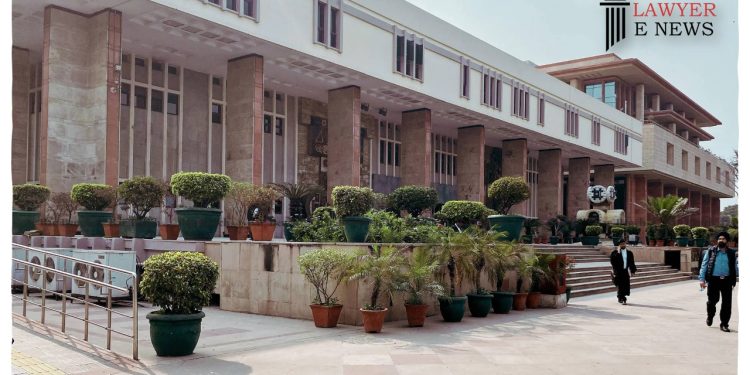-
by Admin
18 February 2026 4:37 AM



In a significant legal development, the Delhi High Court has granted bail to the accused in a case involving the Narcotic Drugs and Psychotropic Substances Act (NDPS). The court's decision hinged on the lack of concrete evidence connecting the accused to the alleged contraband possession. The judgement, which was delivered on August 25th, 2023, sheds light on crucial aspects of possession attribution, the admissibility of evidence, and the applicability of the NDPS Act's provisions.
The court's observations reflected the meticulous analysis of the case's various facets. In the verdict, the court asserted, "Recovery made at the instance of the husband and joint possession inferred from a shared bedroom cannot be mechanically attributed to the wife, considering the shared nature of the space." This highlighted the importance of considering the dynamics of shared spaces while attributing possession.
Regarding the recovery of contraband from separate office premises, the court noted, "The recovery from separate office premises of the co-accused and the husband, coupled with exclusive control established, does not automatically implicate the applicant." This observation underscores the need for precise attribution of possession based on individual control and circumstances.
One of the pivotal issues addressed in the judgement was the applicability of Section 37 of the NDPS Act. The court meticulously examined the recoveries and distinctions between commercial and intermediate quantities. It concluded, "No commercial quantity being recovered from the applicant, the rigors of Section 37 are not applicable." This interpretation clarified the application of the specific provisions in relation to the quantum of contraband involved.
Crucially, the court delved into the admissibility of Section 67 statements and forensic mobile extraction reports. "The court deemed the section 67 statements inadmissible due to lack of new fact discovery and unreliable evidence linking the pseudonym to the applicant," the judgement stated. This ruling underscores the importance of verifiable evidence in determining the admissibility of statements.
Furthermore, the judgement weighed the relevance of forensic mobile extraction reports, particularly in relation to chats involving narcotic substances. It concluded, "Chats potential does not equate to actual possession, and the delay in trial compared with released co-accused needs to be considered." This observation highlights the need to assess the weight of evidence and potential risks while granting bail.
The Delhi High Court's decision in this case sets a precedent by emphasizing the necessity of concrete evidence and meticulous evaluation in NDPS cases. The verdict's focus on possession attribution, admissibility of evidence, and the application of legal provisions is expected to have implications for similar cases in the future.
Date of Decision: 25.08.2023
DIXITA GOLWALA vs NARCOTICS CONTROL BUREAU
